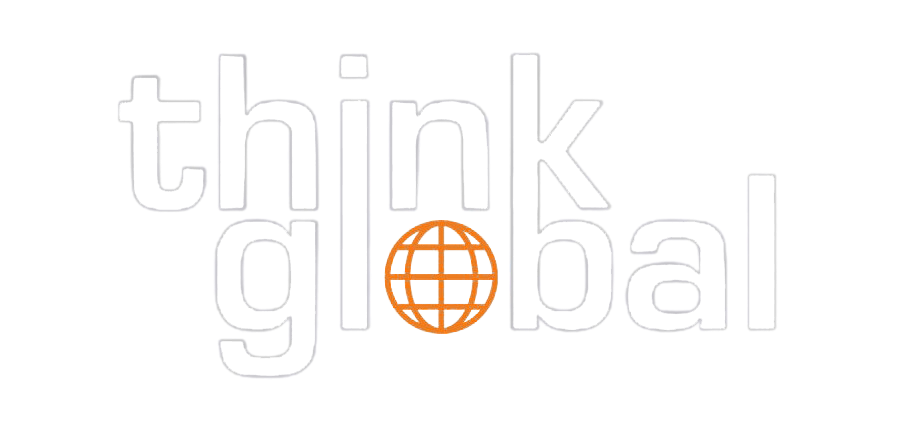Pay-per-click (PPC) advertising is a form of online advertising where businesses pay a fee each time one of their ads is clicked. PPC advertising allows businesses to target specific audiences and keywords, and only pay when someone clicks on their ad. Google AdWords and Bing Ads are the most popular platforms for PPC advertising, but there are also other options available such as Facebook Ads and Twitter Ads.
One of the main benefits of PPC advertising is that it can drive targeted traffic to a website quickly. PPC campaigns can be set up and launched in a matter of minutes, and can be optimised and adjusted in real-time to improve performance. Additionally, PPC advertising allows businesses to reach a wider audience than they would with organic search results alone.
However, it’s important to note that PPC advertising can be costly if not properly managed, it’s important to set a budget and monitor the performance of the campaign to ensure a positive return on investment (ROI). PPC advertising requires ongoing management and optimisation to ensure that it remains effective over time.
Overall, PPC advertising can be a powerful tool for businesses looking to drive targeted traffic to their website and generate leads and conversions. However, it requires careful planning and management to ensure a positive ROI.
However, it’s important to note that PPC advertising can be costly if not properly managed, it’s important to set a budget and monitor the performance of the campaign to ensure a positive return on investment (ROI). PPC advertising requires ongoing management and optimisation to ensure that it remains effective over time.
Overall, PPC advertising can be a powerful tool for businesses looking to drive targeted traffic to their website and generate leads and conversions. However, it requires careful planning and management to ensure a positive ROI.


